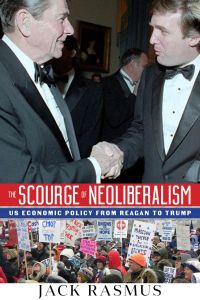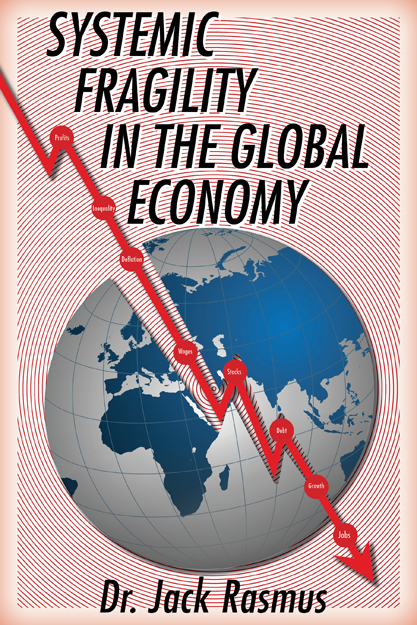As Trump’s trade team (Lighthizer, Navarro, Mnuchin. Kudlow) prepare to head off to China to ‘negotiate’ trade, what will be the main objectives? Will it be reducing the trade deficit, gaining more access of US multinational corporations and US banks to China’s market, or reducing US technology transfer to China? And what is the role of Trump’s domestic political objectives in the mix? Listen to my 28 minute discussion and ‘debate’ on Loud and Clear Radio on the topic, and my view that technology transfer (US defense establishment) and domestic politics (Trump’s red state base) are the primary objectives, while trade deficit and market access are secondary. China will offer access to its markets and provide token adjustments to its tariff policy to allow more US agricultural goods access–but will not be so ‘easy’ on the matter of technology (AI, cybersecurity, 5G) transfer. Who will prevail on the US team–the defense establishment (Navarro, Lighthizer)–as the Trump team goes to China next week? Or will US big capitalists (Mnuchin) who want more access to China? Or Kudlow (some trade deficit reduction and reduced China imports tot he US) that will allow Trump to boast to his political base some exaggerated achievement?
To listen go to: https://www.spreaker.com/user/radiosputnik/trumps-trade-war-with-china-debate-rages_2
 Dr. Jack Rasmus @drjackrasmus
Dr. Jack Rasmus @drjackrasmus









The question presented in this discussion is significant and being exploited by Trump. Essentially the question is——– how to maintain an economically viable form of nationalism when confronted by the rigors of what is called free trade? Essentially, if some segment of the industrial base of a country is not protected by tariffs or otherwise and is not continually subsidized by R&D then the country will continually be exploited by others as set forth at length in the Rasmus contemporary study of the dilemma of Greece. It is this conflict that Trump is ruthlessly exploiting. As an aside, Noam Chomsky is in agreement with the speaker from England in that the neocons have failed and are continuing to fail to put a significant portion of US GDP into R&D and as a result the US will fall behind the rest of the world. One reason China may roll over on the tech transfer issue is that China knows that given it’s more generous support of R&D it will surpass the US in technical expertise over time.